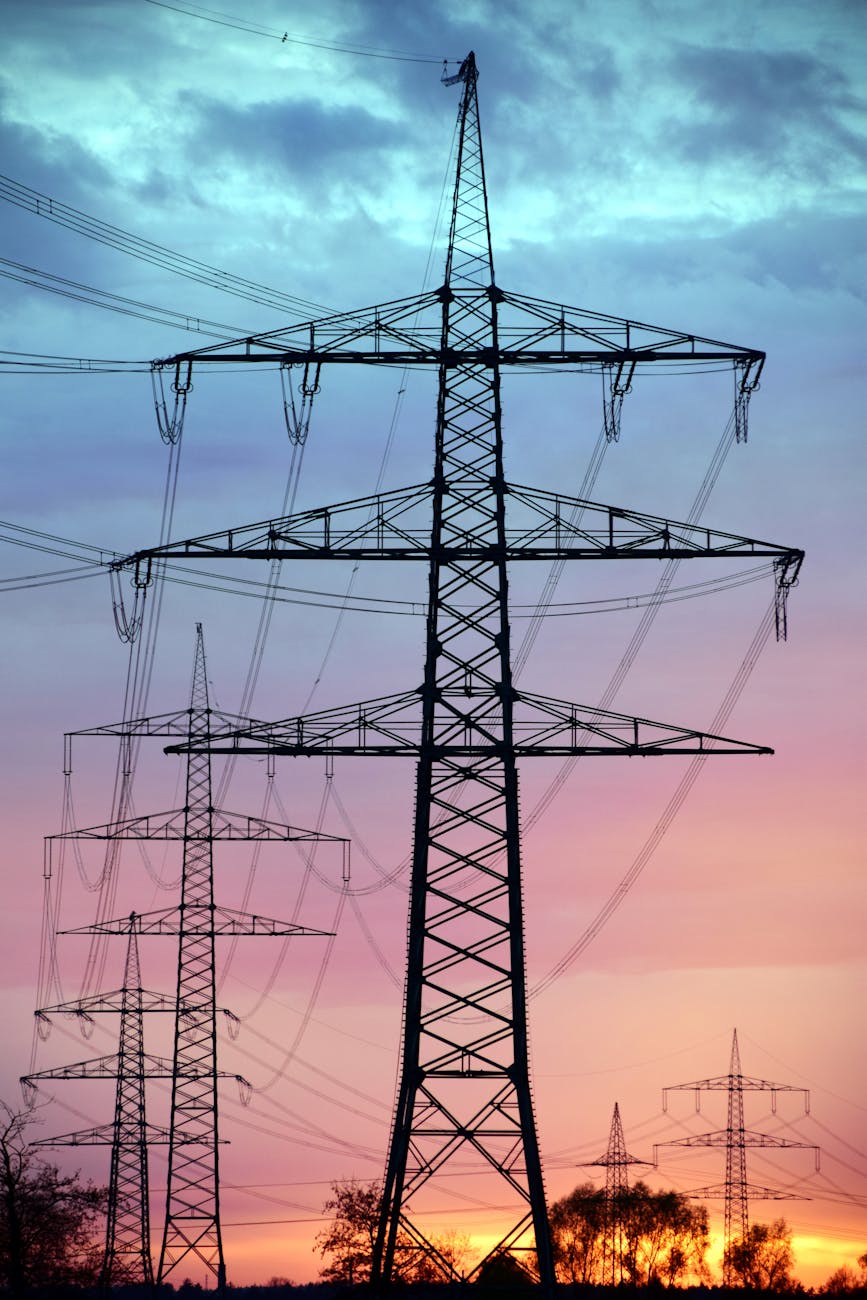
Source: Pexels
Technology continues to revolutionize the hotel industry a variety of solutions are bringing efficiency and cost savings, particularly energy management systems. In Australia, over fifty thousand homes will benefit from solar power via an electric grid that is decentralized free of charge to residents. India, as well as China, are locked in an in-between race to claim the biggest solar farm with China even constructing the floating structure over a defunct coal mine. It appears that the days of dirty, costly energy are rapidly fading away.There’s no better time than now for hotels to start reaping the energy savings benefits offered by the latest technologies. Seven ways hotels of all sizes can begin saving money and energy with technology:
1. Smart Climate Control
If there’s one energy requirement that all businesses have it’s the need for the control of climate. If it’s air conditioning or heating, each business requires climate control and, in most cases, has a separate HVAC system. Internet of Things and machine learning have helped businesses save a significant amount on their energy usage and associated costs. Smart thermostats allow users to plan their energy consumption according to the needs of their daily occupancy to smart sensors that track fluctuations in real-time occupancy levels, there are many energy-management tools that can help businesses cut their energy expenses.
Hotel rooms, with unpredictable occupancy patterns, are discovering that intelligent energy management systems can increase their savings on energy. These systems employ advanced machine-learning algorithms as well as diverse information sets, such as historic thermodynamics as well as local climate patterns, and peak demand loads to maximize energy usage in real-time all through the year.

Source: Pexels
2. Heating Air Sources
Smart thermostats aren’t just one-way businesses can cut down on heating expenses. Innovations in HVAC hardware technology can also provide companies with new ways to save on energy expenses. Particularly air source heat pump enables the transfer of heat from outside the building inside it (or in reverse). The benefit to hotels lies in the fact that they can be utilized as energy-efficient coolers or space heaters which eliminate the requirement to overburden an HVAC system centrally to meet the needs of a small or compartmental space.
3. Smart Lighting Technology
Smart energy direction systems aren’t limited to HVAC crews. Smart lighting technology allows hotels to know their energy needs to reduce their consumption and automate it. adjust in changing occupancy patterns in real-time. Some businesses have managed to reduce their energy bills by 75 percent, and boost the efficiency of their employees by 20 percent through switching to smart LED lighting systems. Similar to how EMS assists hotels in adjusting energy consumption in real-time demands for climate control Smart lighting systems let properties set their preferred times for lighting and monitor activities to improve the workflow of the facility.
4. Solar Panel Technology
Superpowers in the making as well as Australian suburbanites aren’t the only ones to benefit from the rapid growth and development of solar technology. All kinds of hotels are using more affordable photovoltaic technologies to lower their energy bills. Solar power technology provides businesses with the opportunity to cut down on energy consumption from the grid and then sell the excess production back to the grid. Hotels can therefore reduce their energy bills and also pay for any energy usage they have to pay for.
5. Automatic Shutdown Sockets
A major expense for hotels is the vampire power draw. Also called standby power, it is the method by which electrical power is utilized by electrical and electronic appliances even when they’re switched off (but are intended to draw energy) or in standby mode. That’s where the automatic shut-off sockets are useful. These are just intelligent power sockets that make use of infrared sensors or timers that stop the power supply to any device connected when the device isn’t being used or the area is not being used. This means that they let hotels conserve energy by not charging devices when they’re not in use.

Source: Pexels
6. Predictive Monitoring
Similar to energy management systems that track, monitor, and optimize energy use and predictive maintenance allows hotels to utilize sensors to detect dangerous or wasteful patterns and notify maintenance personnel before the issue becomes more costly issues. For instance, when you watch an HVAC system fluctuates between different levels of performance according to the needs of its customers it will wear out on its various physical components. Instead of waiting for a part to fail before it can be replaced or repaired the predictive maintenance system allows engineers to anticipate the need for maintenance in relation to system use as well as prevent system failures. This can lower the cost associated with operating a system that is malfunctioning.
Some management platforms on the internet constantly collect data on HVAC durations for every room and assign the rooms efficiency scores. This rating is a measure of how fast the room can be cooled or heated to the desired temperature of the guest and also provides engineers with crucial alerts whenever HVAC equipment requires attention.
7. Smart Water Management
Water is an essential requirement for all living things and every hotel needs water to stay on the right track. It doesn’t matter if it’s part of the manufacturing process or to supply customers with drinks, food, and sanitation facilities dihydrogen monoxide is a necessary cost of business. If you consider how one leaky toilet could cost as high as $840 annually, plus the costs associated with any additional water damage, it’s easy to understand how water could become an unneeded expense for businesses. Monitoring water lines using intelligent water meters that are low-cost, but facilities like colleges and hotels will see a return on investment] of their water usage within just five or fewer years.
Technology is constantly evolving and alters our tastes desires, preferences, and requirements. It makes old industries obsolete while creating new ones in a flash, and fundamentally alters the balance of demand and supply across the market. Only the need to consume energy never disappears. If it’s the manufacturing of physical goods or offering customers a relaxing experience and keeping employees happy and productive energy use is a common cost of business. Hotels that are willing to take on the latest technology, However, there are many opportunities to cut down on their energy consumption.
The precise combination of energy-saving technologies that’s suitable for each hotel will depend on its location, as well as the preferences of its customers. In the end, that hotels make use of technology to cut down on their energy expenses ultimately are more successful as well as better at adapting to the constantly changing technological environment.
John Attala is the director of marketing at Verdant Environmental Technologies, a company that offers energy-management solutions to the hospitality industry.
